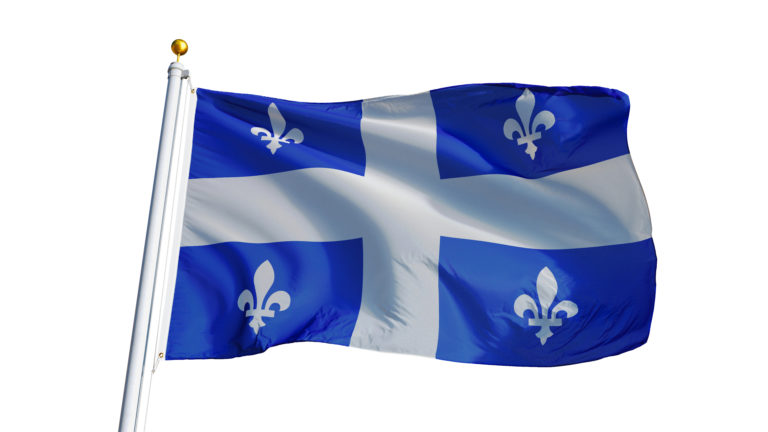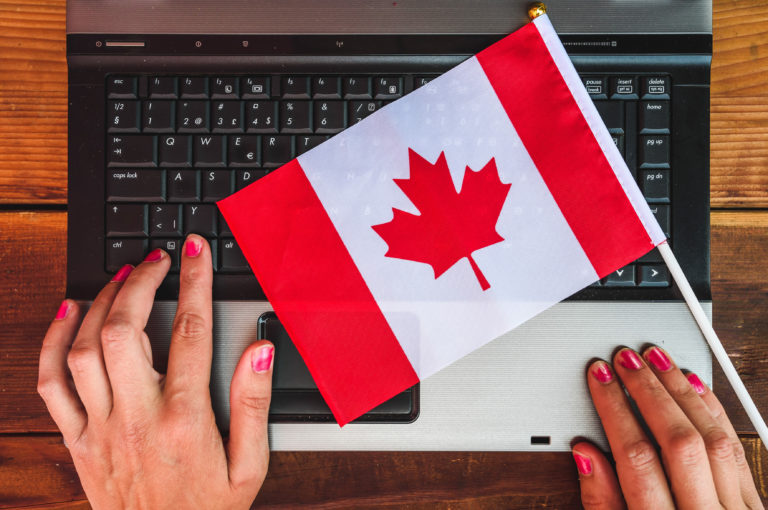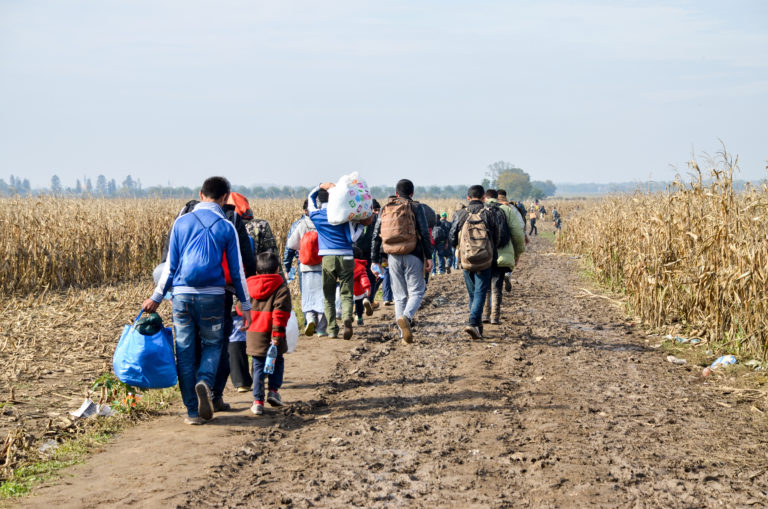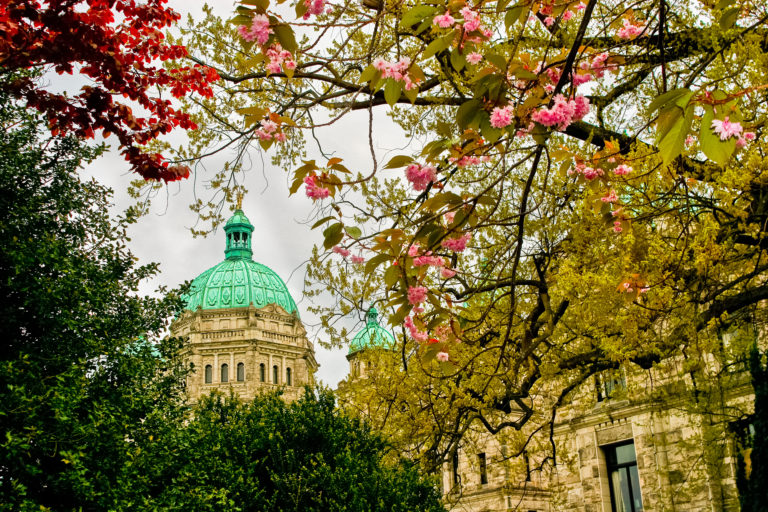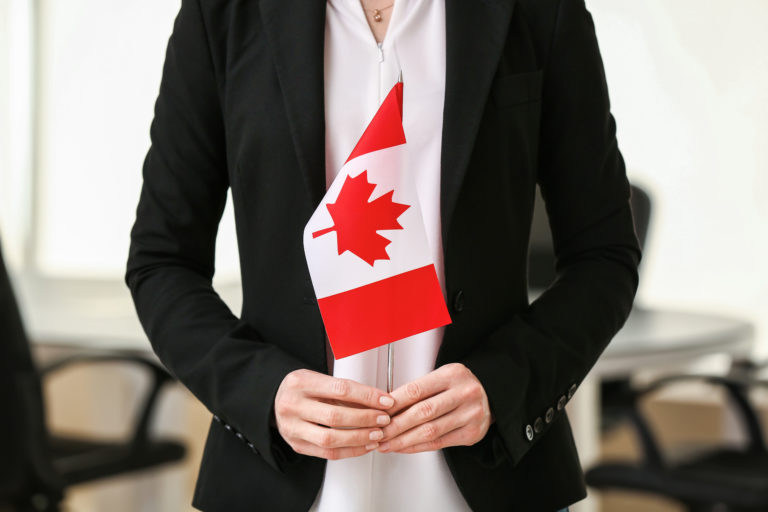Canada immigration news: Increase immigration is the message from New Brunswick business leaders for whichever federal party gets to form the next government in Ottawa.
“Whichever party forms the government must prioritize policies and investments that enable businesses to access talent and capital they need to recover and grow,” said Alex LeBlanc, chief executive officer of the New Brunswick Business Council in a press conference this week.
Six business groups gathered at Malley Industries in Dieppe Tuesday in the bilingual province to layout their three policy priorities for the next federal government after the Sept. 20 election.
Read More Canada Immigration News
New Brunswick Contractors Turn Down Work Due To Lack Of Skilled Workers
COVID-19 Vaccination Program, Atlantic Bubble Set To Benefit New Brunswick Immigration
New Brunswick Immigration Stream For Truck Drivers: Work Experience Requirement Reduced
The six business groups who are asking the government to boost immigration include:
- Le Conseil économique du Nouveau-Brunswick;
- New Brunswick Business Council;
- Fredericton Chamber of Commerce;
- Chamber of Commerce for Greater Moncton;
- Saint John Region Chamber of Commerce, and;
- Canadian Manufacturers and Exporters.
“As businesses and residents in New Brunswick go to the polls, they will be looking to federal parties for a clear plan to drive economic recovery and post-pandemic growth.” said LeBlanc. “Today, we are laying out specific policies that will drive investment, workforce growth, and increased competitiveness in our province.”
Business Groups Call For More Immigrants
In addition to policies that the organizations say would improve the province’s competitiveness and be fairer for business and allow for a more rapid recovery and lead to self-sufficiency, they also made three immigration-related demands.
Business leaders in New Brunswick want Ottawa to ensure the province will be allocated enough immigration spaces to bring in 10,000 immigrants – with 30 per cent of them being francophones – in the next two and a half years, by 2024.
They also want the federal government to simplify and speed up the overall process of immigration with an emphasis on streamlining and accelerating pathways for international students.
And to ensure the immigrants who arrive in New Brunswick stay there and settle down, the business community also wants Ottawa to put more money into settlement services and initiatives for welcoming communities.
“As we emerge from the pandemic, it is crucial that the next federal government make the right investments, put the right policies in place to ensure sustained growth for New Brunswick and the entire Atlantic region,” said John Wishart, chief executive officer of the Chamber of Commerce of Greater Moncton.
Fredericton Chamber CEO Hoping Candidates Become Immigration Champions
Krista Ross, chief executive officer for the Fredericton Chamber of Commerce, echoed that sentiment.
“We hope that all candidates in New Brunswick will become champions for these policies so that our economy and province emerge from the pandemic stronger than we were before,” she said.
The maritime province on Canada’s east coast is – as are many regions of the country – struggling with an acute labour shortage as companies who scaled back during the pandemic struggle to fill vacant positions.
In June, contractors throughout the province were heartbroken at being forced to turn down work because a downturn in immigration due to Covid-19 left them without the skilled workers they needed during their peak season.
“We work our whole lives to be at this point and now we have got to say no,” Jonathan Denton, owner of Little John’s Renovations in Moncton, reportedly told Global News earlier this year.
The contractor was turning away roughly 20 per cent of the business coming his way in June during a construction boom because he couldn’t find enough skilled workers.
Overall, economic immigration to New Brunswick fell by 52.7 per cent last year, from 5,060 new permanent residents to the province under these programs in 2019 to only 2,395 in 2020.
Economic Programs Hit Hard During Pandemic
And the worker programs, including the Atlantic Immigration Pilot, Canadian Experience, Caregiver, Skilled Trade and Skilled Worker programs, were particularly hard hit.
The number of new permanent residents to the province under those worker programs dropped by 56.6 per cent last year, to only 955 compared to 2,200 in 2019.
And it wasn’t just Little John’s Renovations feeling the pinch of that downturn in immigration.
Contractors providing all kinds of skilled trade work across the province turned down work this summer as the worker shortage ripples through the industry, including roofers and bricklayers, Courtney Donovan, the New Brunswick executive director of Skills Canada, reportedly told Global news.
The current government in Ottawa is looking to import that skill set by boosting immigration.
The federal government wants to welcome more than 1.2 million newcomers between 2021 and 2023. There are to be 401,000 new permanent residents to Canada this year, 411,000 next year, and 421,000 in 2023.
Earlier this year, Immigration Minister Marco Mendicino said he’s confident Ottawa will be able to hit those targets.
Immigration Minister Confident Canada Can Hit Target
“When I tabled the immigration plan a little while ago, we could have put a pause, we could have reversed, we could have cut immigration but I believe, I firmly believe and our government believes that through immigration we will continue to grow,” he said.
“I am confident that we can hit the levels that we have set … I’m confident because we are innovating at quantum speed … We have created new policies that will allow people into the country but in a manner that is safe.”
Despite its current shortage of skilled labour, New Brunswick actually suffered much less than many other Canadian provinces last year, taking a hit to its economy of only three per cent of its real Gross Domestic Product (GDP) as it managed to keep COVID-19 cases down.
“With the exception of some of its Atlantic Canada peers, it has maintained the lowest per capita caseload in all of North America,” TD Economics stated in a forecast. “After witnessing the smallest peak-trough job decline among the provinces (last) spring, New Brunswick has recorded a relatively swift hiring recovery.
“Success in containing the pandemic has also reflected in stronger household and retail spending.”


